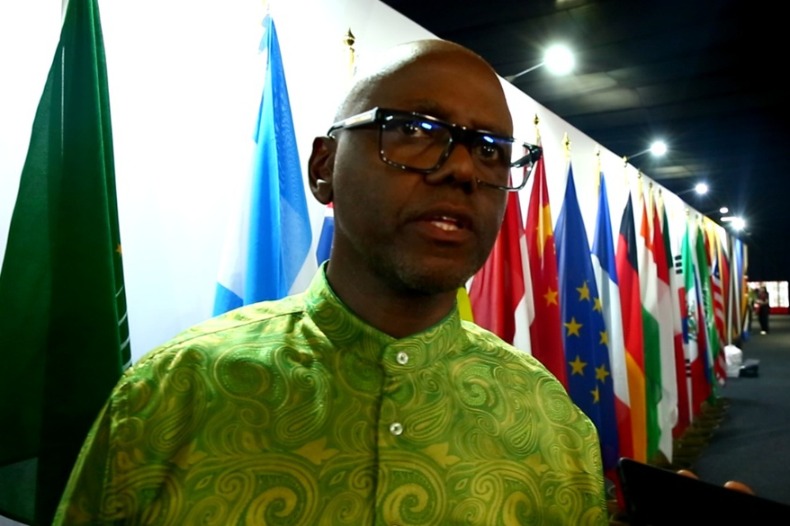Latest UK job data sends mixed message

Analysts are mulling the latest United Kingdom job data and asking whether it makes it less likely the country's central bank, the Bank of England, will cut interest rates later this year.
The data — which includes a fall in the number of people in paid work during July, and wage growth holding steady — will be factored into the bank's monetary policy committee, or MPC, monthly meetings in September, October, and November.
The MPC cut the UK's central interest rate by 0.25 percent when it met on Aug 7, taking it to 4 percent, and many analysts have said another cut is likely in November.
But the two pieces of information released this week may pull the MPC in a different direction.
Monica George Michail, an associate economist at the National Institute of Economic and Social Research, told the BBC a fall in the number of people working usually slows wage growth, which could then prompt the MPC to cut interest rates in an attempt to stimulate economic growth. But with wage growth holding steady at 5 percent in July, the bank may be disinclined to make such a move.
Additionally, the fall in the number of people in paid employment, which dipped in July for a sixth straight month, was not as large as had been feared, Thomas Pugh, chief economist at the accounting firm RSM UK, told the Financial Times newspaper.
"There was no sign of the rapid weakening in labor market conditions that the doves on the MPC were concerned about," he said. "That means today's data further reduces the chances of another rate cut in November."
The data, which was released on Tuesday by the UK's Office for National Statistics, or ONS, shows the number of people working in the UK fell by 8,353 in July. But while that was undoubtedly bad news, it was less than the 26,000 recorded in June, and a big improvement on the 41,000 that was expected.
The ONS said the number of job vacancies also fell during July, contracting by 5.8 percent, or 44,000, to 718,000.
Despite the small reduction in the size in the UK's 30-million-strong workforce, there was not a corresponding increase in its unemployment rate, which held steady at 4.7 percent, the ONS added.
The Resolution Foundation think tank said the smaller workforce could be attributed to the decision of the UK's finance minister, Chancellor of the Exchequer Rachel Reeves, to collect more tax from employers levied against their workers, a decision she made in her October budget that came into force in April. Experts also say a hike in the nation's minimum wage, from 11.44 pounds an hour to 12.21 pounds ($15.53 to $16.58), also played a part.
earle@mail.chinadailyuk.com
































